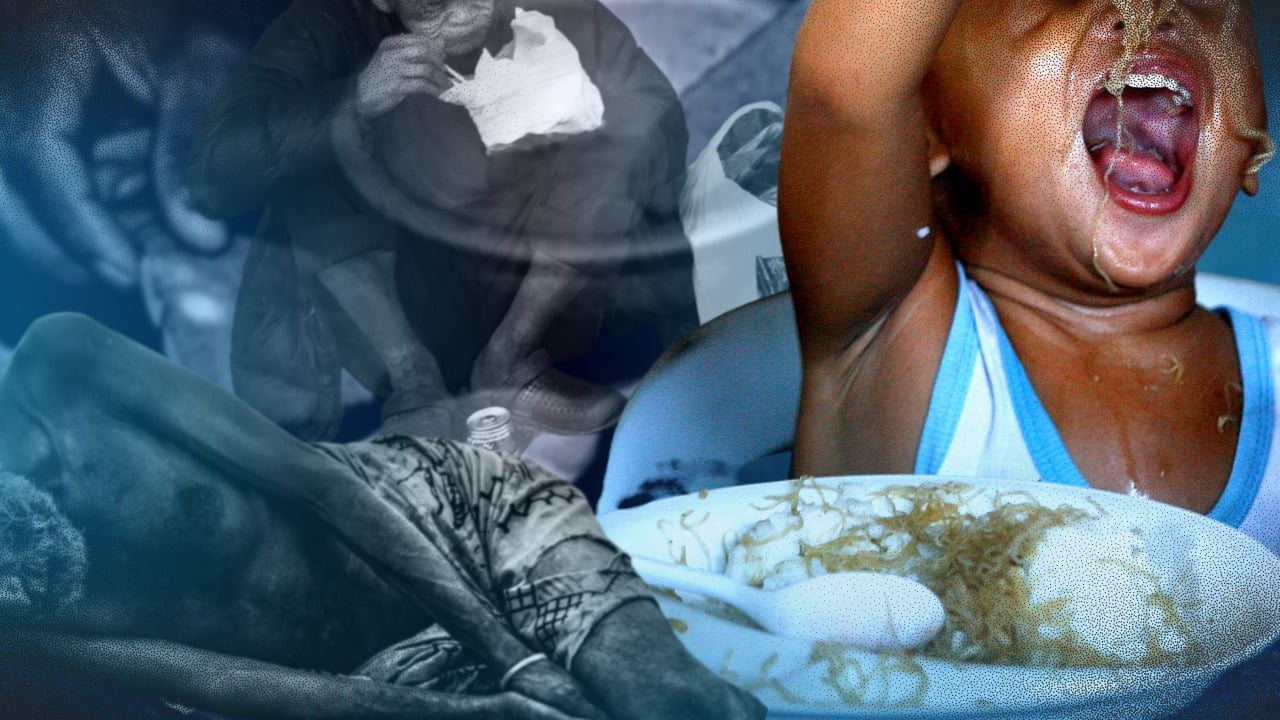
INQUIRER.NET/JEROME CRISTOBAL
MANILA, Philippines — At least one out of 10 Filipino families in the country experienced involuntary hunger at least once in the past three months, based on the results of the latest Social Weather Stations (SWS) survey.
Taken from March 21 to 25, the survey showed that 14.2 percent of Filipino families experienced involuntary hunger, with 12.2 percent experiencing “moderate hunger” and 2 percent experiencing “severe hunger.”
This was higher than the results recorded in December 2023, in which 12.6 percent experienced involuntary hunger (11.2 percent for moderate hunger and 1.4 percent for severe hunger).
READ: SWS: Involuntary hunger rate hits 12.6 percent in December 2023
It also marked the highest hunger rate since the 16.8 percent recorded in May 2021.
The SWS defines involuntary hunger as being hungry and not having anything to eat at least once in the past three months. Moderate hunger refers to those who have experienced hunger “only once” or “a few times,” while severe hunger refers to those who have experienced it “often” or “always.”
Highest in Metro
In Metro Manila, the hunger rate increased significantly from 12.7 percent in December 2023 to 19 percent in the March 2024 survey, with moderate hunger rising from 9.7 percent to 14.3 percent and severe hunger growing from 3 percent to 4.7 percent.
In the Visayas, hunger rose from 9.3 percent to 15 percent, with moderate hunger increasing from 8 percent to 13.7 percent and severe hunger staying at 1.3 percent.
The hunger rate in Luzon outside of Metro Manila rose slightly from 14.3 percent to 15.3 percent. “Moderate hunger” was almost unchanged from 13.3 percent to 13.1 percent, while “severe hunger” increased from 1 percent to 2.1 percent.
Down in South
In Mindanao, the hunger rate decreased from 12 percent to 8.7 percent. “Moderate hunger” fell from 10.7 percent to 8 percent, and “severe hunger” went from 1.3 percent to 0.7 percent.
The survey, using face-to-face interviews, asked 1,500 adult respondents whether they had experienced hunger within the last three months as well as how often these incidents took place.
It had a sampling margin error of plus-or-minus 2.5 percent for national percentages, plus-or-minus 4 percent for Luzon outside of Metro Manila, and plus-or-minus 5.7 percent each for Metro Manila, Visayas, and Mindanao. —INQUIRER RESEARCH